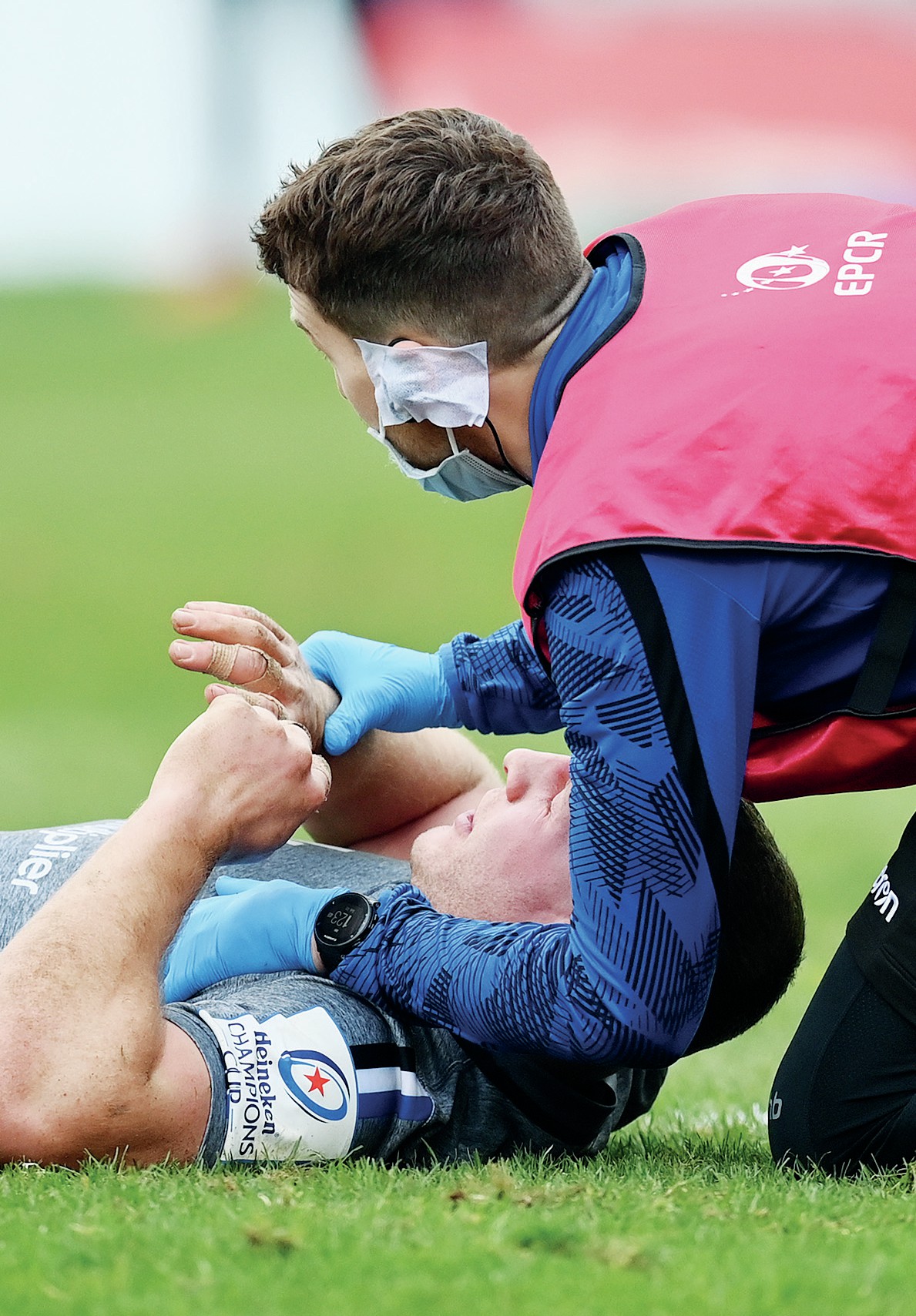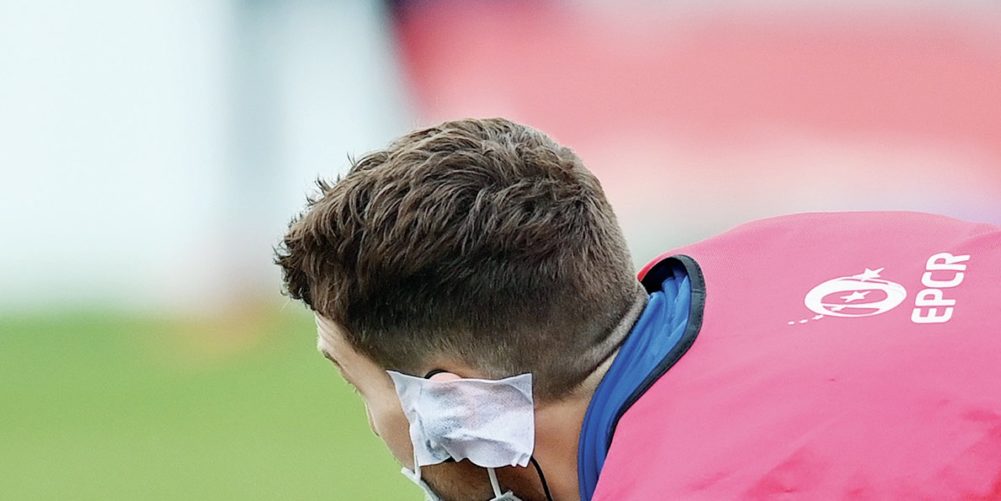A FRONT ROW VIEW OF THE GAME

The ugly spectre of head injuries raises it head again with former Welsh captain Ryan Jones announcing he is suffering from early onset dementia at age 41.
Once again the tragedy of a young man who pursued his dream has become a nightmare for him and his family's future. Sadly, we are all aware of the potential long-term results of injury for playing the game we love.
If you are at Twickenham, take a walk around the ERIC bar which will prove that. Many other sports may portray this, but there is a difference.
Long-term neurological damage is not something that we signed up for as an 11-year-old eagerly starting rugby at school age or even when starting out on the journey through club rugby.
There are now over a hundred ex-players taking legal action against World Rugby and their Unions and yet they may well be aiming at the wrong target.
The thing is, that as far as we can tell from the information that is in the public domain, it seems to be players from the top club leagues in each nation who are affected, and more than that, it's only since the dawn of the professional era.
However, even the players who have played international rugby have claimed that many of their concussions were while playing or training with their club and not as a result of the international game.
While this seems obvious because of the limited time that players are with their international sides, it also directs any responsibility towards the clubs and may actually damage the chances of any litigation against World Rugby or its member unions.
So far, there have been no reports of a number of early onset dementia cases from any of the grassroots sectors of the game, which is by far the largest group of players in each union. Also, despite the growth of the women's game there are none from that quarter either. This is despite the fact that women are far more susceptible to head injuries than their male counterparts.
Physical differences between men and women seem to have an impact on the likelihood of concussions occurring. It is well documented that males are generally physically stronger than females.
This point is echoed by Rugby pass' Jess Hayden (2020), who states that although lower body strength between men and women is quite comparable, male rugby player's upper body strength can typically be observed as three to four times greater than female players. This includes neck strength, which is a defining factor in concussion.
Dr Elisabeth Williams at Swansea University is a lead researcher into concussion in men's and women's rugby. Dr Williams has found that a ‘whiplash' motion is a leading cause of concussion in women's rugby. So, what is a concussion? According to the Concussion Foundation, a concussion is a brain injury occurring when the brain moves rapidly within the skull usually due to a blow to the head or body. Research suggests that concussions affect women and men differently, with women not only being at a higher risk of sport-related concussions, but also increased severity of symptoms as a result of concussion.
“Elite clubs, and coaches, have questions that need answering”
Research shows women often experience more severe and prolonged symptoms relating to greater cognitive decline, ie, poorer reaction times, more frequent headaches, plus extended periods of depression.
Male and female brains differ both anatomically and chemically with female brains containing more delicate axons, a thin ‘cable' that allows electrical impulses to pass from one neuron to others (The University of Queensland, Australia, 2021).

Lasting damage to neurons from concussion can lead to multiple issues, such as dizziness, vertigo, slower processing, memory loss, difficulty driving, focusing, and reading. cussions. With the rapid growth in the women's game, this is something to be aware of and to ensure that safeguards are in place to protect the new players at all levels. The thing is, that you would expect the number of cases in the women's game wouldbe proportionately far higher that the men's, but it isn't.
This again indicates that it is something very different that is taking place in the men's elite club game that is causing this issue. As currently we all play the same game under the same laws, World Rugby and the Unions can justifiably argue that it is something the professional clubs are doing that is increasing the risks for their players, and not
Due to their axons being more delicate, females are more likely to damage these neuron connectors than males. This is one biological aspect that differentiates how each gender's brains are affected by conthe game itself. The surprise is that the RPA have not taken a bigger stance over this, as it is supposedly the welfare of the players that is their main concern. As they only represent the elite part of the game where this seems to confine itself, surely there should have been a concerted effort on their part to find the root cause of the high number of concussions in the game?
Whether that is as a result of over training with high levels of contact at club level, or a failure to teach safe tackling techniques at the Academies? There can be no doubt that the Premiership and other elite clubs (and coaches) have questions that need answering.



























